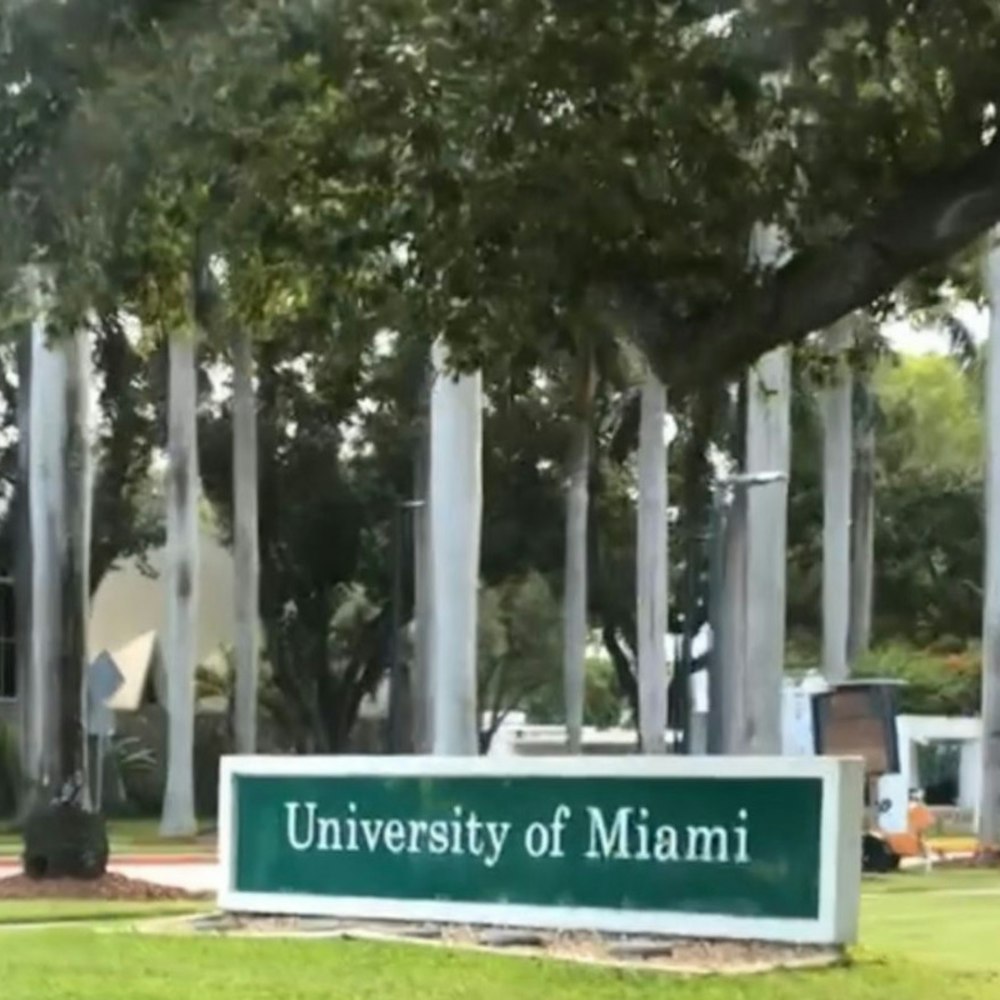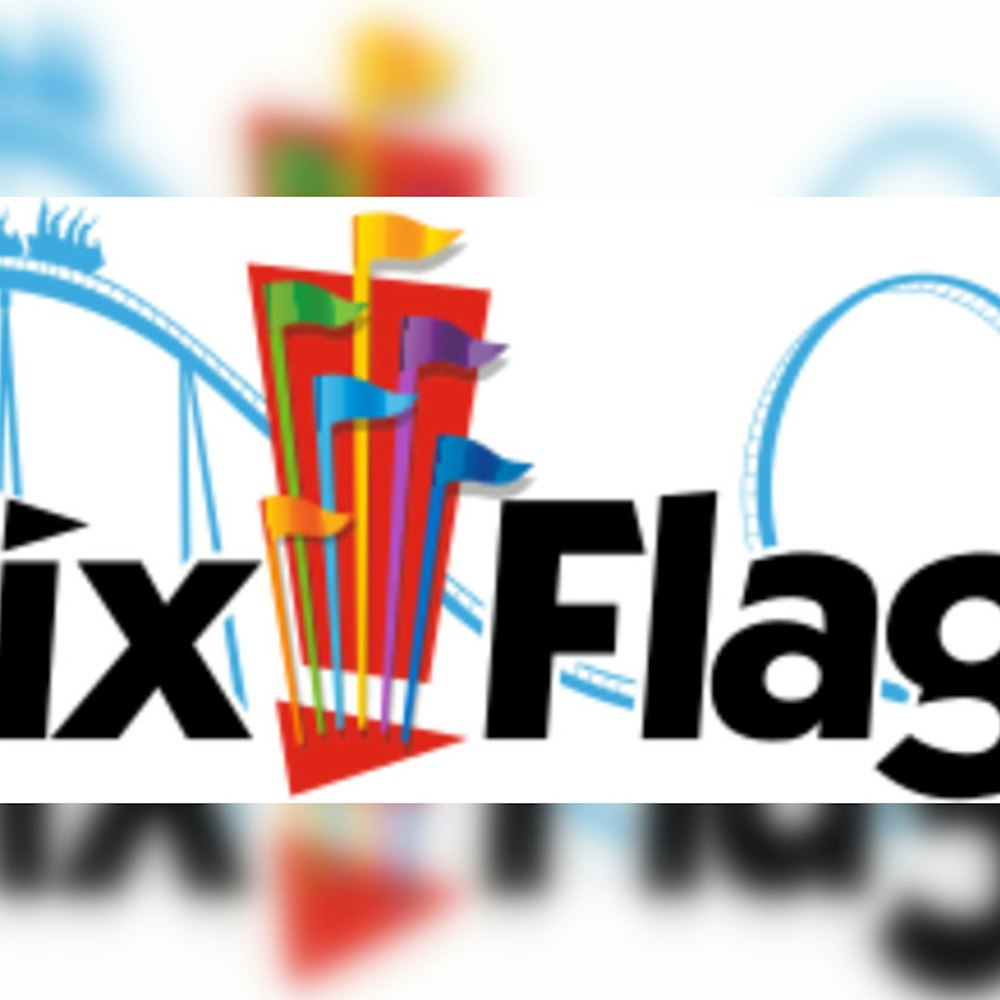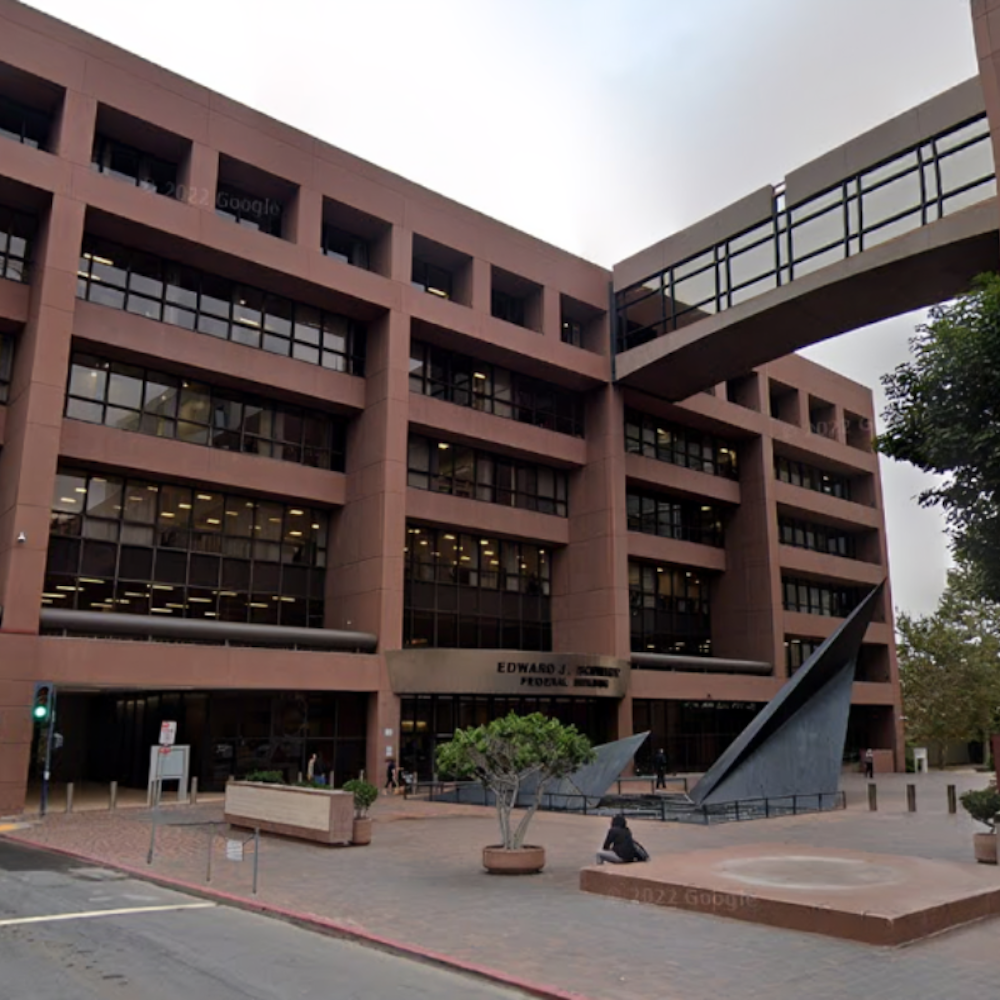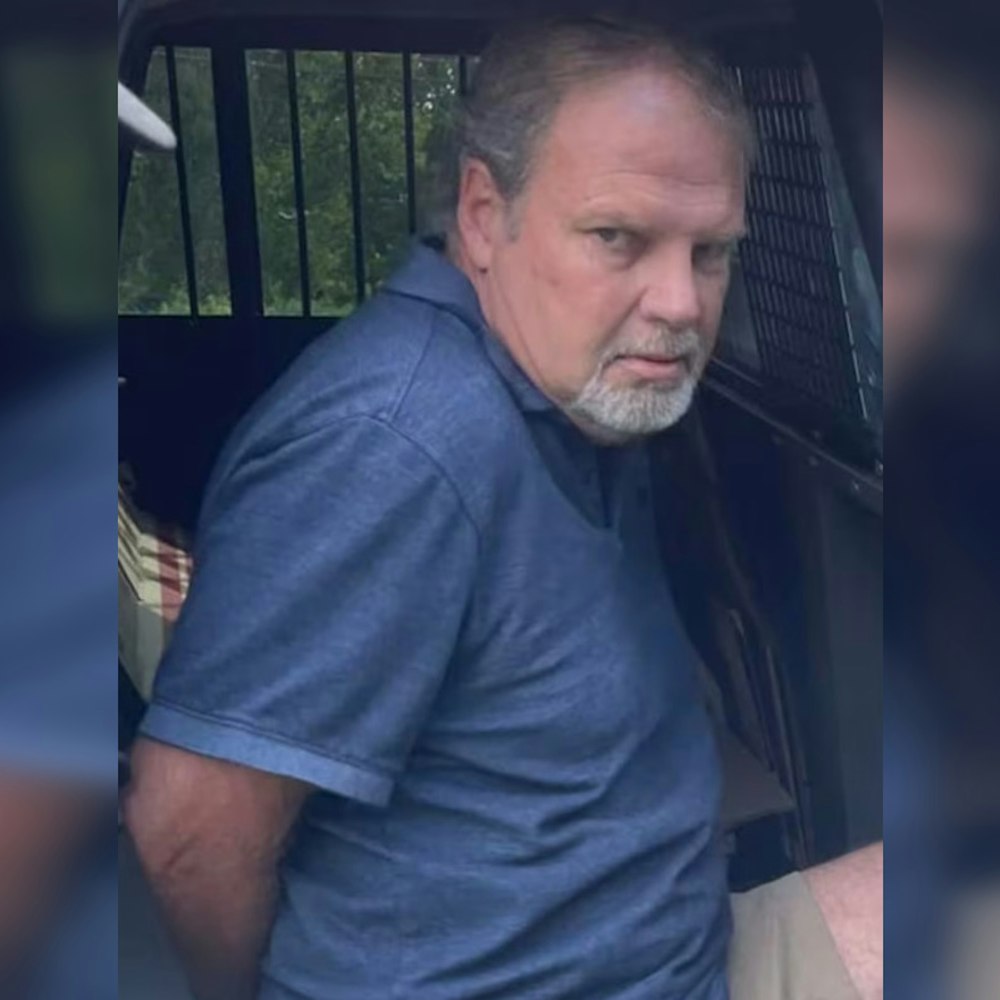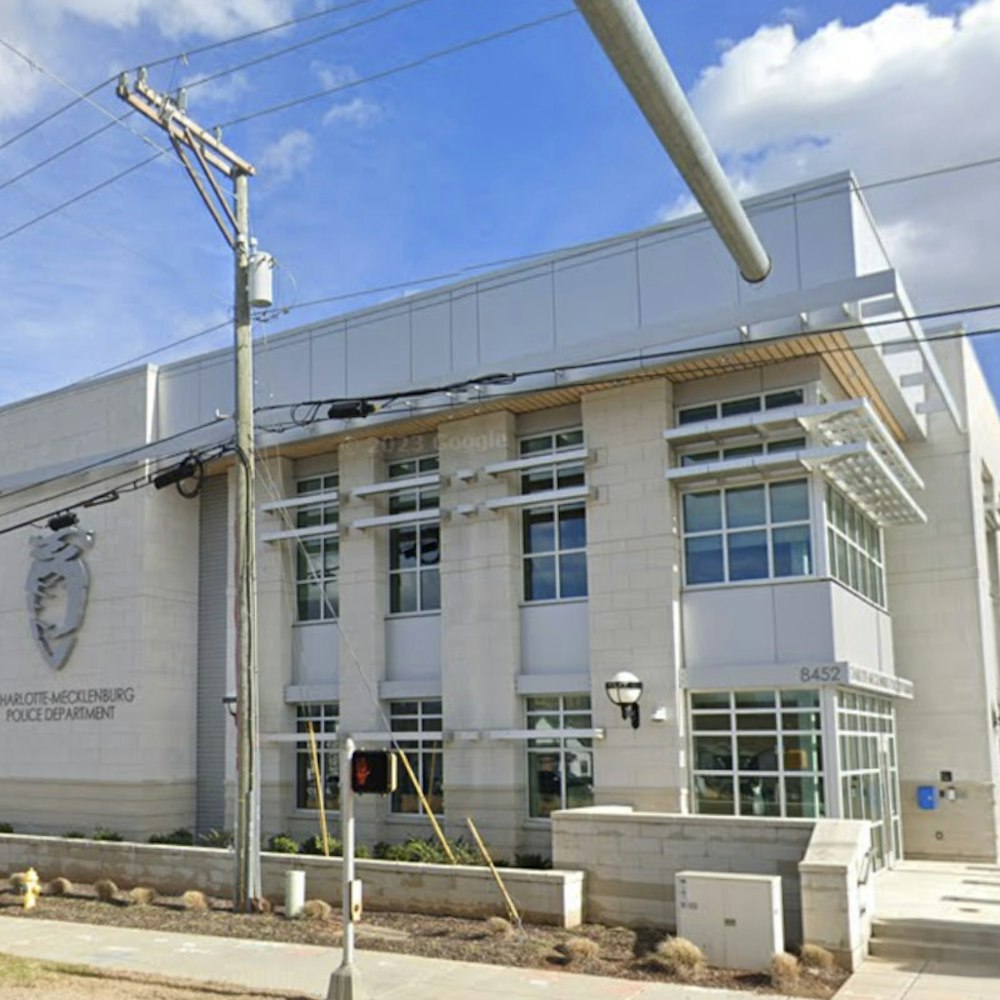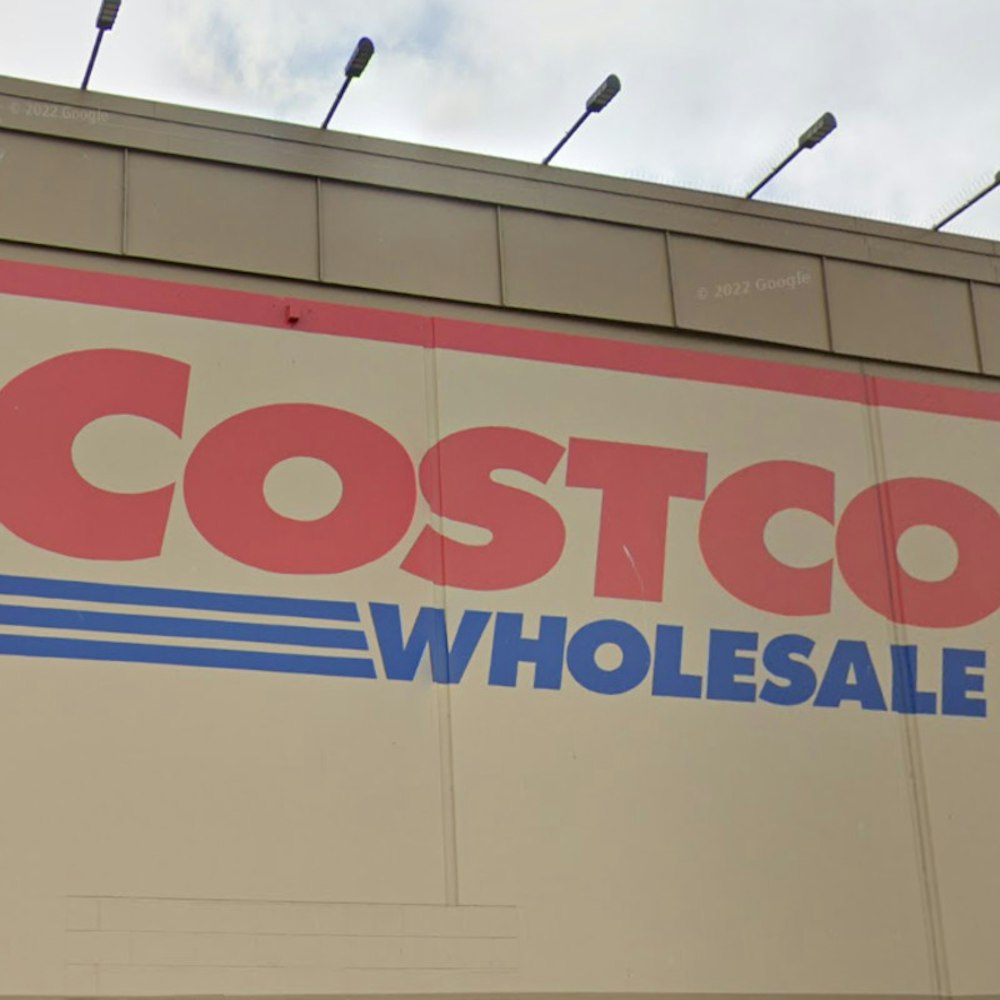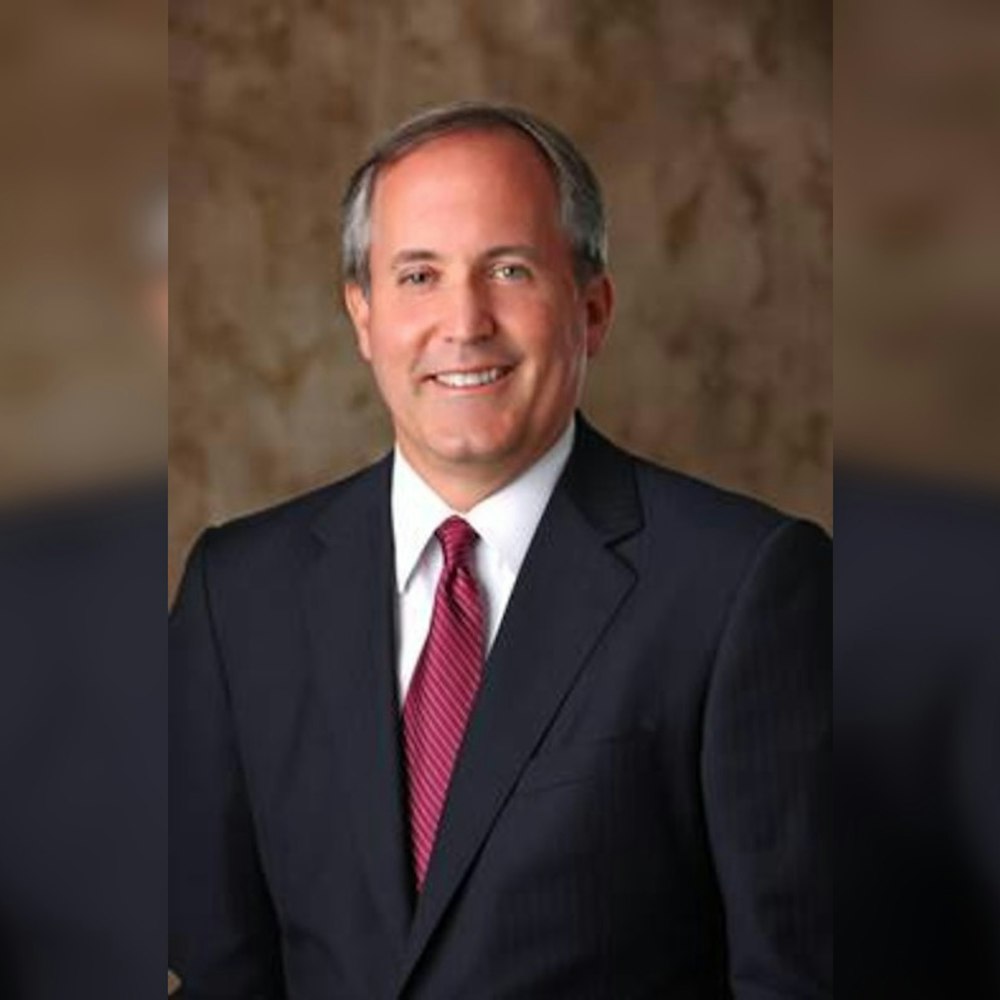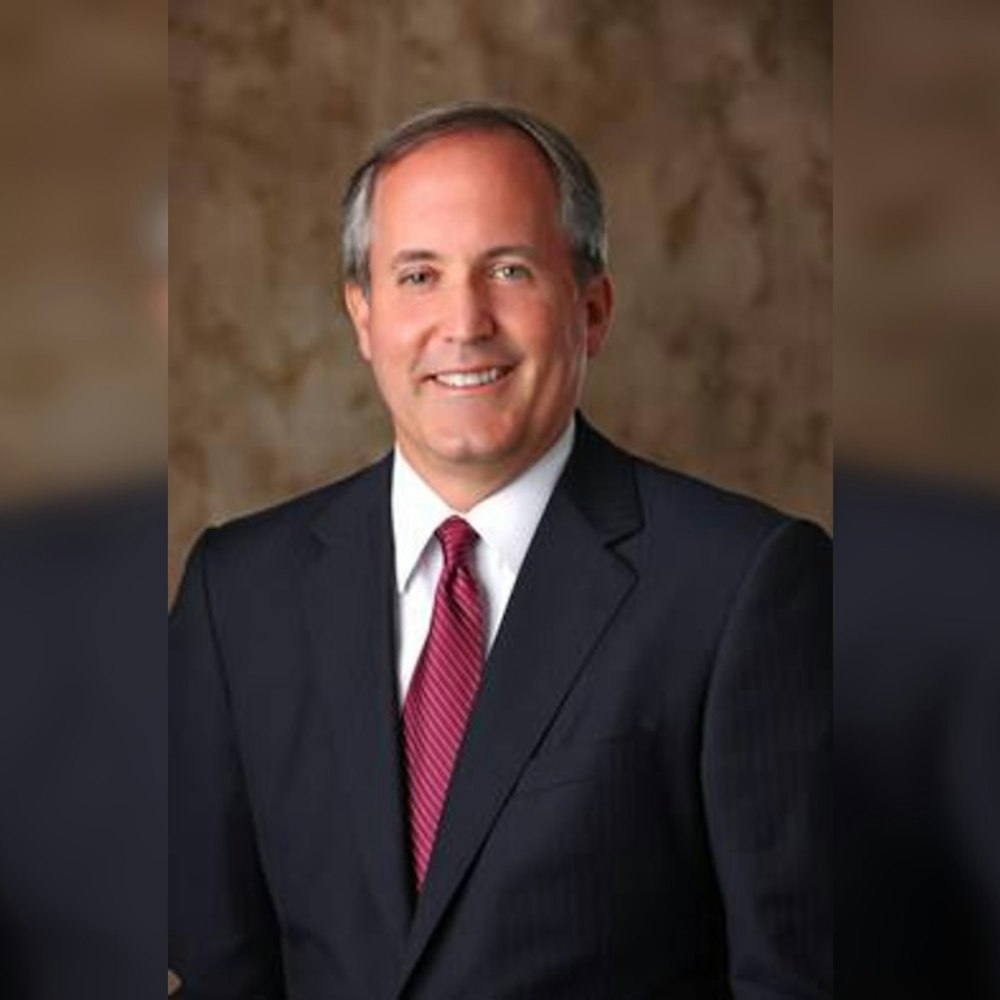
Minneapolis is set to enhance its already rich cultural tapestry with a host of community-centric activities and progressive developments as summer 2024 unfolds. Bearing witness to a calendar bursting with occasions that knit together the past, present, and diverse citizenry, the city is equally poised on the cusp of significant infrastructural and policy shifts. Contemplating Officer Jamal Mitchell's recent memorial, reported by the City of Minneapolis, brings a melding of somber reflection and collective civic ambition.
While the loss of such a community-focused individual marks a moment of shared sorrow, it's balanced by the city's proactive strides toward inclusivity and recognition—an amendment ensuring transgender inclusion in a bill on behalf of "missing and murdered Black women and girls," attributed to Councilwoman Ilhan Omar, and the City's endorsement of this inclusive shift bears particular mention.
Commemorative measures advance alongside celebratory ones, flowing as an integrated current through the city's evolving narrative. For instance, Minneapolis honors Juneteenth with a line-up of events that pay homage to a watershed moment in Black history, providing an opportunity for reflection and empowerment. Additionally, the City's plan to create a new democracy center at the site of the former 3rd Police Precinct, detailed on the City's website, encapsulates a vision where accessibility to democracy is as tangible as the freedom celebrated on Juneteenth.
Illustrating its commitment to communal engagement, Minneapolis has announced an ADA community conversation intended to better support residents with disabilities. According to the City of Minneapolis, this event will delve into the state of accessibility within the city programs, seeking to amplify voices from the disability community. The confluence of efforts ranging from the historic agreement with the Police Officers Federation, which aims to enhance transparency and oversight, as the City states, to the urban agriculture funding through the Climate Legacy Initiative spotlights a Minneapolis leaning into both growth and accountability.
Fostering economic vitality is another chapter of this tale, with divergent but equally significant threads. The MN PROMISE Act's grant program reflects the state's investment in businesses fraught with challenges of systemic inequalities and aims to spur growth in affected communities, a sentiment echoed by a citywide Minneapolis Black Business Week at month's end. Concurrently, the anticipated tribute to Prince during the 40th anniversary of Purple Rain, along with Celebration 2024, pulsate as testimonials to the city's perennially innovative arts scene—a sentiment shared by the City of Minneapolis.
In the sphere of infrastructure and civic amenities, Minneapolis unveils an alluring new public art piece commemorating Hussein Samatar and a continued focus on community safety centers. These elements, both aesthetic and pragmatic, coalesce to nurture the essence of community, while upcoming policy decisions, like the City Council vote on the Police Officers Federation agreement and the redevelopment of the Upper Harbor site, signal imminent evolution in governance. Finally, symbols of accessible community engagement shine through in initiatives like the expanded hours for Minneapolis Animal Care & Control and opportunities to influence the future of iconic spaces like the former 3rd Precinct building. In essence, Minneapolis stands at a crossroads of memory and movement—an urban tableau where history informs action and diversity shapes destiny.
-1.webp?w=1000&h=1000&fit=crop&crop:edges)
